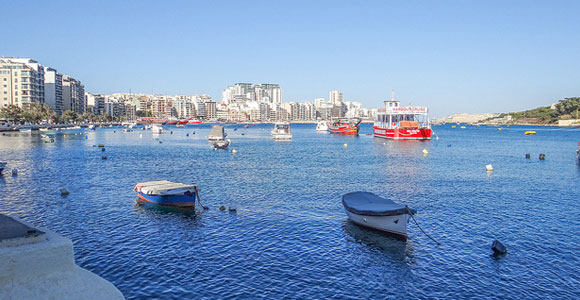Malta adopted the euro on 1 January 2008. Malta‘s economy is dependent on foreign trade, manufacturing, and tourism, and was hurt by the global economic downturn. Malta has low unemployment relative to other European countries, and growth has recovered since the 2009 recession.
Malta’s financial services industry has grown in recent years and in 2008-09 it escaped significant damage from the international financial crisis, largely because the sector is centered on the indigenous real estate market and is not highly leveraged, and the banking system is closely regulated.
Labor force: 197,600 (2015 est.)
Labor force by occupation:
- Agriculture: 1.5%
- Industry: 25.7%
- Services: 72.8% (2014)
Exports: $2.817 billion (2015 est.)
Export commodities: Electrical machinery, mechanical appliances, fish and crustaceans, pharmaceutical products, and printed material.
Imports: $4.032 billion (2015 est.)
Import commodities: Mineral fuels and oils, electrical machinery, non-electrical machinery, aircraft and other transport equipment, plastic and other semi-manufactured goods; food, drink, and tobacco.
Source: CIA The World Factbook

